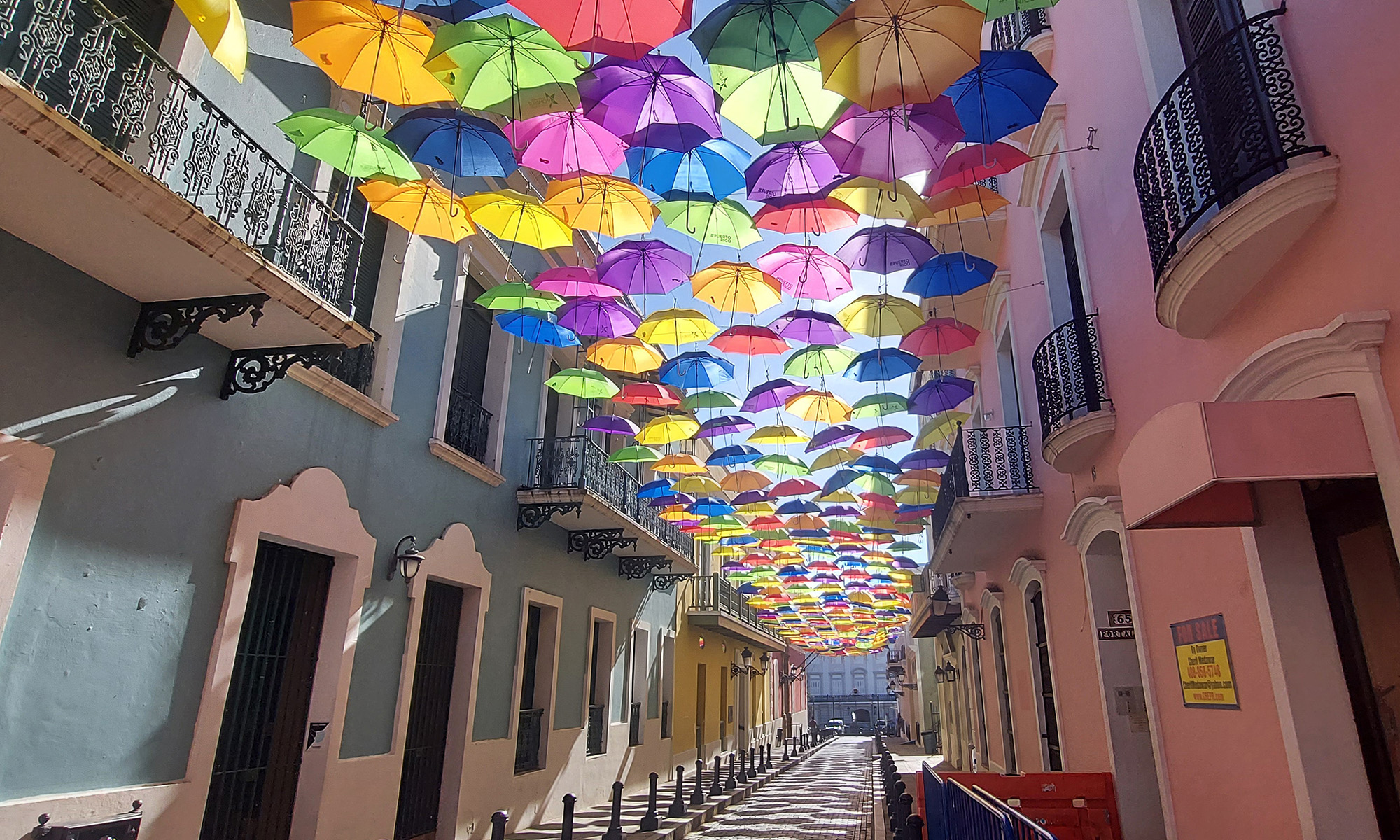We recently had the privilege of visiting a pottery workshop called Mayolica Santa Rosa, where a family business turns out breathtaking, intricate, handmade pottery lovingly
created with dedicated fingers and devoted hearts.
The simple two-story cinderblock workshop occupies one side of the street in
the ancient, dusty village of Santa Rosa, high on a mountain about 25 minutes northeast
of Guanajuato. A huge showroom is across the street. (Unfortunately, we were
not allowed to take pictures in the showroom, to prevent any thievery of their
designs.)
the ancient, dusty village of Santa Rosa, high on a mountain about 25 minutes northeast
of Guanajuato. A huge showroom is across the street. (Unfortunately, we were
not allowed to take pictures in the showroom, to prevent any thievery of their
designs.)
It’s not a place many tourists visit, especially Americans, and it’s their loss. Javier Salazar, the wonderful manager of the Casa Estrella, where we are fortunate to be staying, generously drove us and another couple, Carolee and Gilberto, up to
the village to see how pottery is made. The suites and apartments in Casa
Estrella are filled with beautiful pieces from Mayolica Santa Rosa.
 |
| The sign over the door of the store |
Visiting the Workrooms
The workshop is a high-ceilinged building with two large workrooms.
In the front room is the giant kiln, as well as shelf upon shelf of unfinished
pieces of pottery ready to be transformed into works of art.
In the front room is the giant kiln, as well as shelf upon shelf of unfinished
pieces of pottery ready to be transformed into works of art.
| The big white box on the left is the oven |
We were amazed as we watched one man hand-draw a stunning, detailed design
onto a large pedestaled bowl. His name was Juan, and he was the only one entrusted
to design the pieces.
onto a large pedestaled bowl. His name was Juan, and he was the only one entrusted
to design the pieces.
| The artist at work |
Up the stairs and in the large back room, the Area de la Pintura (painting area), several painters painstakingly
painted the colors within the lines of his design, carefully shading the pieces, which appeared
pastel and bleached until after they were fired in the huge oven.
painted the colors within the lines of his design, carefully shading the pieces, which appeared
pastel and bleached until after they were fired in the huge oven.
| Before firing in the oven |
The intensity of colors after firing
Mayolica Santa Rosa was founded in 1963, and is dedicated to
the manufacture of Mayolica Ceramics, a porous type of ceramics that originated in
Spain. It gets its name from Mallorca Island, which was on the trade route to
Italy. All the pieces are turned and decorated by hand. The business is
currently represented by the third generation of eight brothers.
the manufacture of Mayolica Ceramics, a porous type of ceramics that originated in
Spain. It gets its name from Mallorca Island, which was on the trade route to
Italy. All the pieces are turned and decorated by hand. The business is
currently represented by the third generation of eight brothers.
| Seen outside the door to the painting room |
The sign outside the painting room says (in my bad Spanish translation): “Welcome to the Painting Area. Every piece that you admire and acquire is unique because each one carries part of the artist, since it is delivered with a feeling unique for its creation, with the best quality.”
Visiting the Showroom
| The entrance to the showroom |
| This fresco, outside the family’s home next door, is a great example of their work. |
The sheer volume and quality of the pieces for sale in the
massive, two-level showroom is absolutely breathtaking. There were plates and
bowls, cups and saucers, pitchers and vases, fountains and pots, statues and
urns, tiled frescoes, and more. The intricate designs were derived from life in
Mexico: groups of fruit, flowers, village scenes, chickens and pigs, Frida Kahlos,
and many, many Catrinas, the reverential, skeletal image of death in Mexico.
massive, two-level showroom is absolutely breathtaking. There were plates and
bowls, cups and saucers, pitchers and vases, fountains and pots, statues and
urns, tiled frescoes, and more. The intricate designs were derived from life in
Mexico: groups of fruit, flowers, village scenes, chickens and pigs, Frida Kahlos,
and many, many Catrinas, the reverential, skeletal image of death in Mexico.
UPDATE, May 26
I just discovered several beautiful pieces of Mayolica pottery in our apartment, Casa Estrellita, at Casa Estrella. (Watch for a blog about the amazing art in our apartment!)
And I found this beautiful tile wall art by Mayolica Pottery in the fitness center at Casa Estrella. Enjoy!



